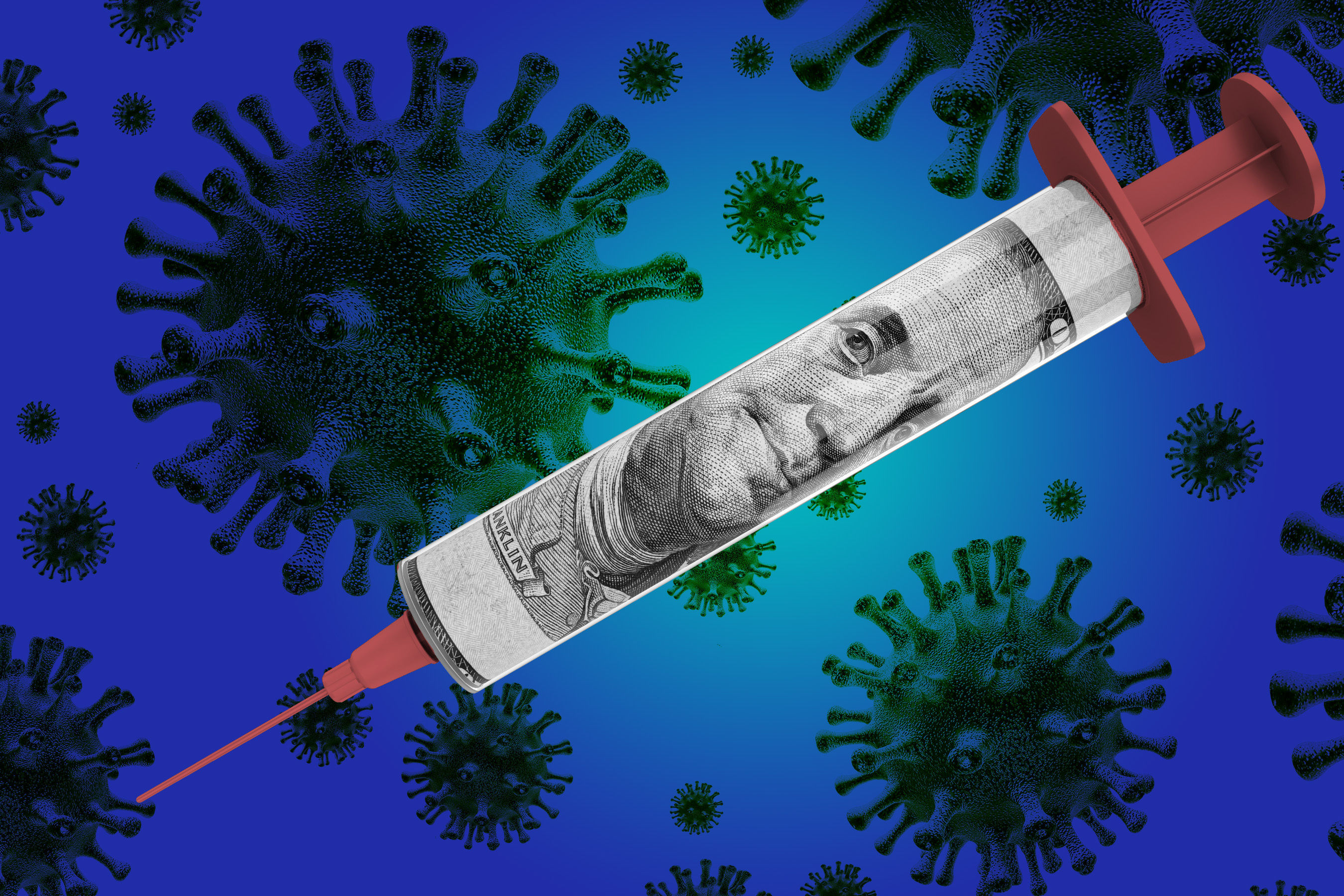The Harris County DA Invites Law-Breaking Citizens to "Make It Right"

Courtrooms and cuffs: two things you want to avoid if at all possible.
Image: Shutterstock
In only 30 minutes, you can make your public intoxication arrest or failure to appear in court charge seem like they never happened—and in surprisingly legal fashion. The Harris County District Attorney’s Office is offering a new one-day community outreach program on August 27 that allows non-violent, low-level misdemeanor offenses and corresponding warrants to be expunged from your record.
During the one-day "Make It Right!" event held next month at Sagemont Church near Southbelt/Ellington, the offenses you can make disappear include, but are not limited to, minors in possession of alcohol or tobacco, issuance of a bad check, failure to appear, drug paraphernalia, public intoxication and theft under $100. At last month's inaugural Make It Right event, those with Class C misdemeanor charges in Harris County Precinct 7 were allowed to have their records expunged; this month's event helps those with outstanding Class C warrants or other pending charges in Harris County Precinct 2 and/or Precinct 8.
What does that mean? No longer will you have to worry about a warrant popping up when your ID is being run as you apply for a job or that dream apartment in Midtown. All you have to do is show up and watch a 30-minute video recording of the Deputy Director of Probation discussing cognitive skills or substance abuse, depending on the offense. Afterwards, your case is dismissed and the warrant removed from the system right then and there, allowing you to leave the location scot-free without paying a dime (unless it’s the issuance of a bad check, in which case you just pay what you owe).
“A lot of this is poverty-driven," says Harris County District Attorney Devon Anderson. "They get a ticket and they either can eat or pay their fine. So they don’t show up, they get a warrant, it gets worse." But the DA's office isn't stopping with Make It Right; other programs are currently underway to address the ever-growing population of our county jails.
Under Anderson's tenure, the DA's office has been making changes to the way the courts and criminal justice system interact with each other, starting with the formation of the Criminal Justice Coordinating Council. Founded in 2009, the council convenes 17 Harris County elected officials and department once a month to discuss how criminal justice stakeholders can work together to combat jail overcrowding.
After winning a $2 million MacArthur Grant in April to combat overcrowding in the Harris County jail system, the CJCC had to take a hard look at who was incarcerated and why. The council found that 70 percent of their inmates were awaiting trial—50 percent of whom weren’t considered a risk to society, meaning they could be safely supervised in the community until their trial date. One recommendation made by the CJCC to decrease these numbers will soon be implemented: a new pre-trial risk assessment program, which will give judges more thorough information to use when setting bail amounts, or allowing bail at all.
Meanwhile, a new court will be introduced to the Harris County criminal justice system this September. The so-called Reintegration Court will function as a therapeutic system for recently paroled or released felons, a group of convicted criminals which has the county’s highest recidivism rate, the highest rate of racial disparity and multiple mental illness concerns.
“A lot of times they come back with no job, no place to live, and they need help,” said Anderson of the men and women released back into society from state prisons. The new Reintegration Court aims to offer treatment and therapy to those who haven’t had the opportunity before, as well as assisting offenders with reintegration, employing peer-support specialists and members of the community to encourage convicted felons to consider the long-term benefits of getting help.
“We realize we can have a huge role in crime prevention, just being out in the community and helping that way," says Anderson. "We have a role in all of this. We have a responsibility as members of this community. We all live here, we all want this to be a safe place and we can’t just lock everybody up… We have to do other things."
Her First Assistant, Belinda Hill agreed, saying, “I think you’ll see a change in the philosophy and culture of criminal justice if things continue the way they have.”
As for those with outstanding warrants, the DA's upcoming Make It Right event also offers a community resources fair filled with employers like HISD, WorkFaith Connection, and the Industrial Welding Academy, the latter of which assists in Anderson's reintegration strategies by hiring convicted felons. HCC will be in attendance to help people enroll in school and the USVA will be on hand to assist veterans. Social services workers, including domestic violence specialists and suicide prevention professionals, will also be helping out at the event—and you'll even find a room full of defense lawyers volunteering their time to help citizens with criminal or civil issues such as immigration, child support and expunctions.
Anderson wants to encourage citizens to not be scared, that they are not—we repeat, not—going to be arrested at Make It Right. Instead, she says, it’s a win-win situation for all parties involved: Harris County citizens can get rid of their warrants and Harris County can prevent wasting resources on nonviolent offenses. And while there won't be any immigration officers (or even any questions regarding immigrant status), there will be Spanish speakers to help translate.
Finally, don’t worry if this upcoming event doesn't do you any good (i.e., your outstanding warrants are in a totally different precinct); the District Attorney’s Office is also hosting a third “Make It Right!” event in October in Precinct 3, as well as fourth in January. That location is still TBD.
Make It Right, August 27, 8:30 a.m. to 3:30 p.m., Sagemont Church, 11300 S. Sam Houston Pkwy. E., 713-274-0490, www.HarrisCountyDA.com




